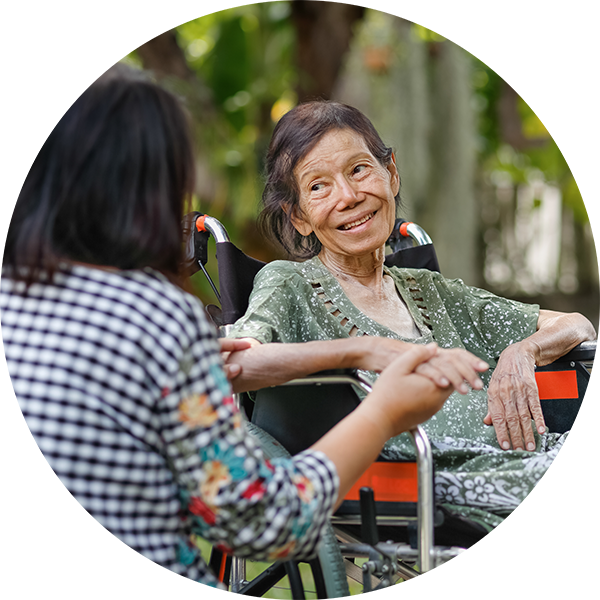Home > News Briefs – SEPTEMBER 2024
News Briefs – SEPTEMBER 2024
by INELDA
Global Pediatric Sepsis
The Lancet Child & Adolescent Health created a series of papers on pediatric sepsis. Around the globe, sepsis—a systemic illness caused by microbial invasion of normally sterile parts of the body—is attributed with poor child health outcomes and high morbidity, making this a health priority. According to the series’ third article, out this month, only a few countries have developed programs to address pediatric-focused programs to educate and provide treatment and support. While sepsis occurs in all communities, it is a disease of poverty and access. As the article states, “more than 80% of sepsis cases and sepsis-related deaths occur in settings with few resources that are often characterized by food and clean water insecurity, poor housing, environmental pollution, and low levels of parental education.” The article calls for “standardization protocols for recognizing and managing pediatric sepsis, improving communication and handover processes, enhancing health-care system resources, and promoting public awareness and education, all of which improve the resilience of health-care systems.”

Relational Autonomy in End-of-Life Decision-Making
A study conducted by the international consortium iLive—a four-year research project funded by the European Union focusing on the end of life for patients with advanced chronic illnesses and their families—was reported on in Oncology Nurse Advisor. The 10-country study reviewed family members’ role in end-of-life care through 158 interviews with patients, family members, and health care providers. It highlighted how carers, predominantly women (67%), juggle their support role alongside many other responsibilities and report significant disruption to their lives when someone requires care. An emergent theme of the study was relational autonomy in the decision-making process around end-of-life care, compared with the conventional definition of autonomy, in which people make decisions in isolation. The research suggests that “end-of-life care does not occur in a vacuum but rather within an interpersonal setting where decisions and actions are influenced by gender, cultural norms, and familial obligations—underscoring the need for better support systems for family caregivers.”
Influx of People Seeking MAiD in Vermont
Vermont Public Radio recently reported that there is a greater demand for people to receive assistance via medical aid in dying than the system is set up for. In 2023, Vermont opened its doors to out-of-state residents seeking access to MAiD. To help interested parties navigate the system, the nonprofit organization Patient Choices Vermont has set up a volunteer program using Wayfinders (see INELDA’s Toolbox Tips). Space itself is an issue in a state where housing and short-term rentals are in high demand. For palliative care physician Dr. Diana Barnard, based at the University of Vermont Health Network’s Porter Medical Center, creating a strong system is essential. “Building capacity is important,” she told VPR. “A big part of my work is trying to educate other physicians, and, in a way, kind of inform other physicians about the importance of this practice, about mentoring them through learning how to do it, so that they can feel comfortable doing it on their own.”


